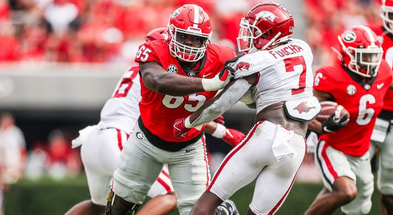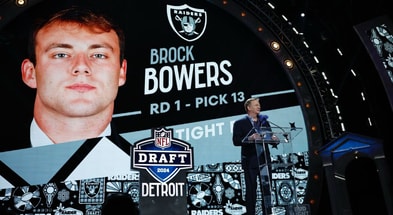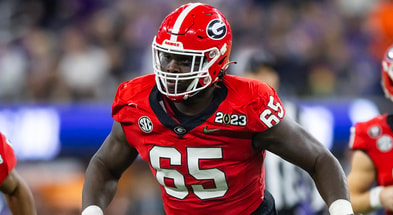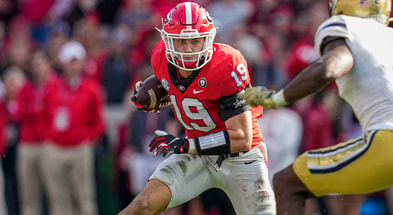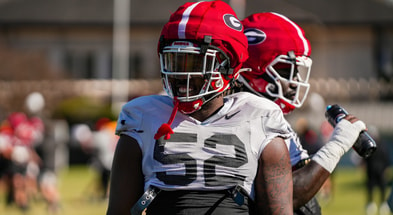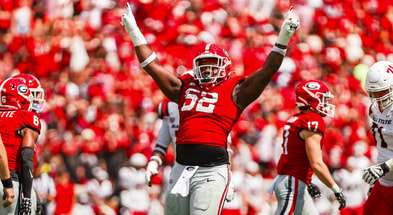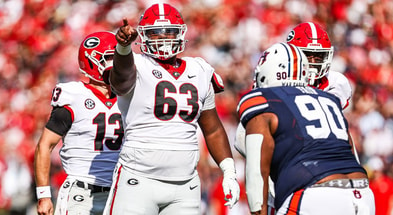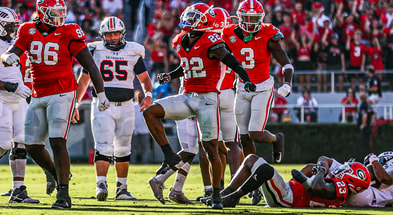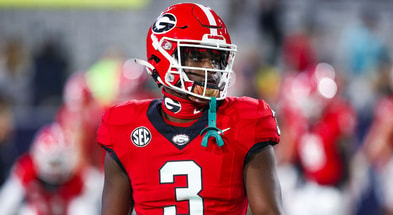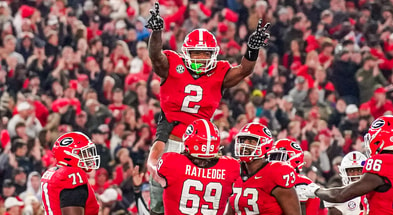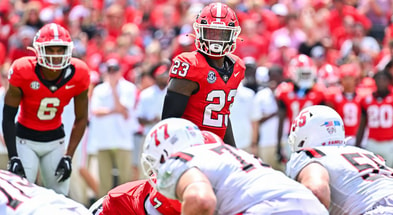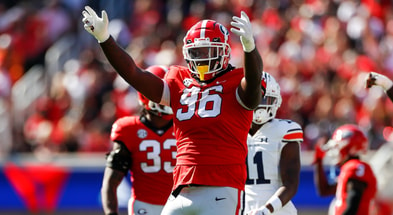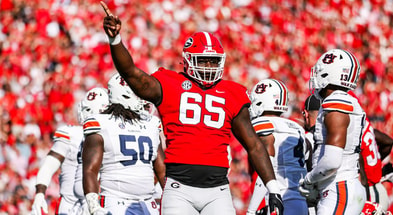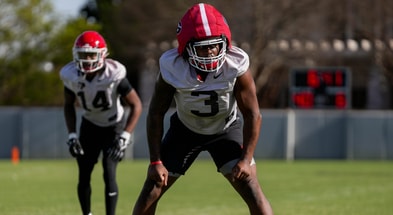Georgia-Auburn and its place in SEC scheduling debate
SEC scheduling is the hot topic at spring meetings this week in Destin, but Georgia head coach Kirby Smart wants no part of it. To him, it’s the “most overrated conversation there ever was.”
“Four years you’ll play everybody home and away. I get it, the traditional rivalries, you have three, you have two, you have one. You guys need something to write about bad when you start writing about this,” Smart said. “It’s not that big of a deal to me. You have to win your games to advance. You need to be in the SEC Championship. That’s a lot better topic for me, is somebody going to get an advantage by not going to the SEC Championship Game but making the expanded playoff. That’s a lot better topic to me than eight or nine games. I think you’ve got to win your games, and now more than ever it’s going to be that way because there’s not going to be divisions. That’s true for both.”
“I don’t know why people get wrapped up in it,” he continued. “I think with the nine, there’s the three permanent and that creates a lot more debate because teams are like wait, ‘I’ve got to play them. I’m concerned with who I have to play.’ Well, I’m looking at it like ‘You’re going to probably play one or two of those three anyway because it’s going to circle so quickly.’ You can go 10 year history, 20 year history, 5 year history, 3 year history, pretty much in the SEC it changes – outside of what Alabama has done the time Nick (Saban) has been there – it’s really been cyclical. It will probably over the next 20 or 30 years be the same way. I don’t get caught up in it a lot.”
Smart did budge however as scheduling pertains to Georgia’s annual rivalry with Auburn. The Bulldogs and Tigers first met in 1892 and have played every year since 1944. In total, they’ve matchup up 127 times, making it the “Deep South’s Oldest Rivalry.”
As somebody who grew up around it and played in it, Smart knows what it means. He also knows that it could be on the chopping block given conference expansion and the potential change of scheduling models as a result. While he won’t be advocating for it to go, he understands why it might not take place annually anymore.
“It’s going to tough because there’s so many people that want that historic rivalry including me. I was part of that rivalry. I grew up as part of that rivalry. I think it’s one of the best there is, but I think it’s one of the costs of progress bringing two more teams in,” Smart said. “One of the costs of scheduling, getting more balanced in term of you’re going to play everybody.”
“It’s not just going to be Georgia-Auburn. It’s going to be somebody else for somebody else,” he continued. “Sometimes you call that progress. Sometimes you upset the fans. I think that’s good debate in terms. You traditionalists want those rivalries and others want to see you play the teams they never get to see you play and you can’t have both.”
In an eight-game SEC scheduling model, each team would end up with one permanent opponent and seven that rotate each season – allowing all matchups to occur both home and away in a four-year span. For Georgia, the permanent opponent would be Florida. For Auburn, the Tigers would maintain the rich history of the Iron Bowl against Alabama.
However, in a nine-game model – which seems to be losing support by the day – teams would have three permanent opponents with six rotating opponents. Every matchup would still occur both home and away over a four-year span, and in this model, Georgia and Auburn would remain on each other’s schedules annually.
Georgia and Auburn are scheduled to play September 30th this season at Jordan-Hare Stadium. The Bulldogs have won six straight, a streak that started with a victory over the Tigers in Atlanta to get revenge from a regular season upset and take home the 2017 SEC Championship on their way to the College Football Playoffs.

